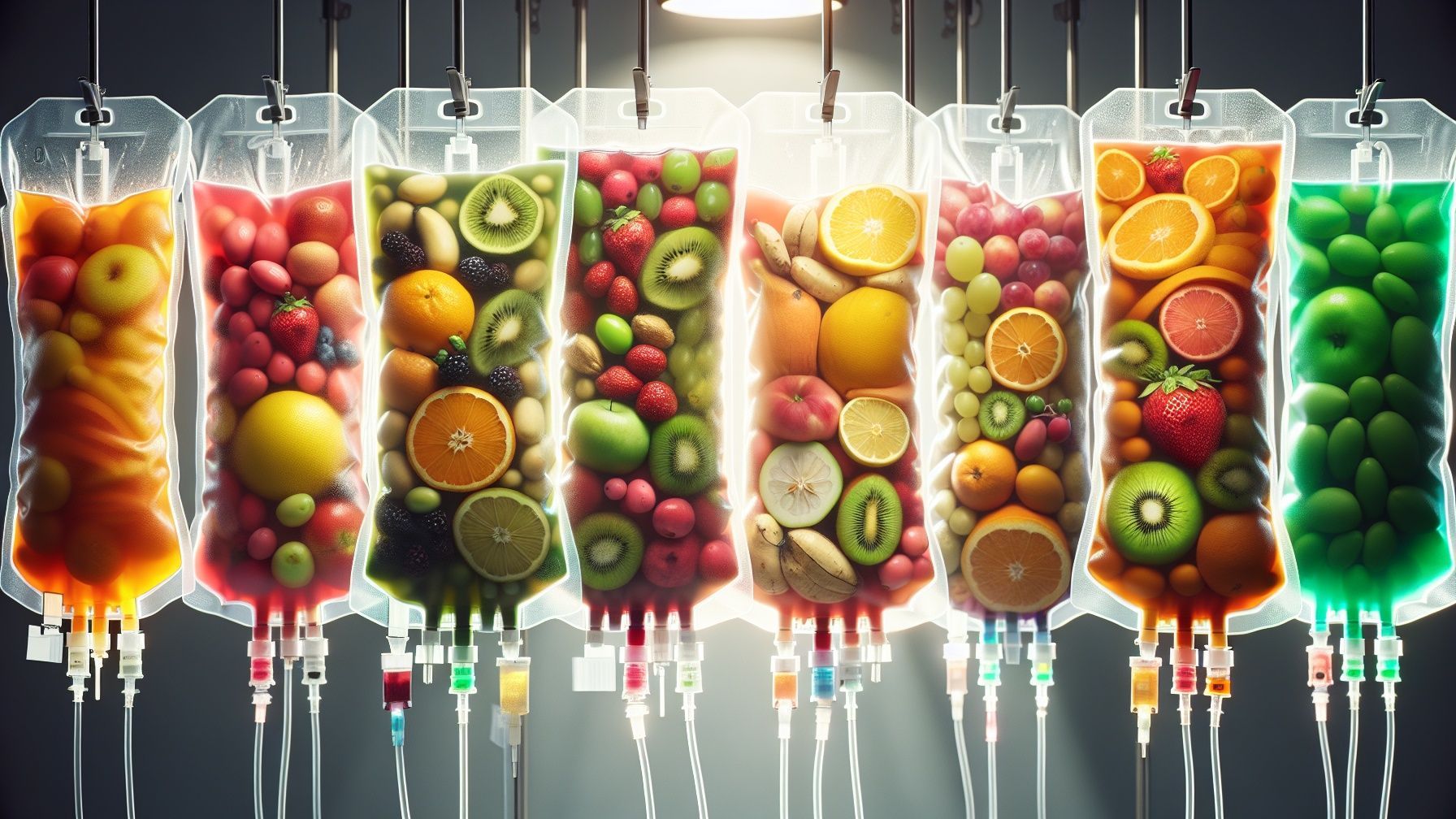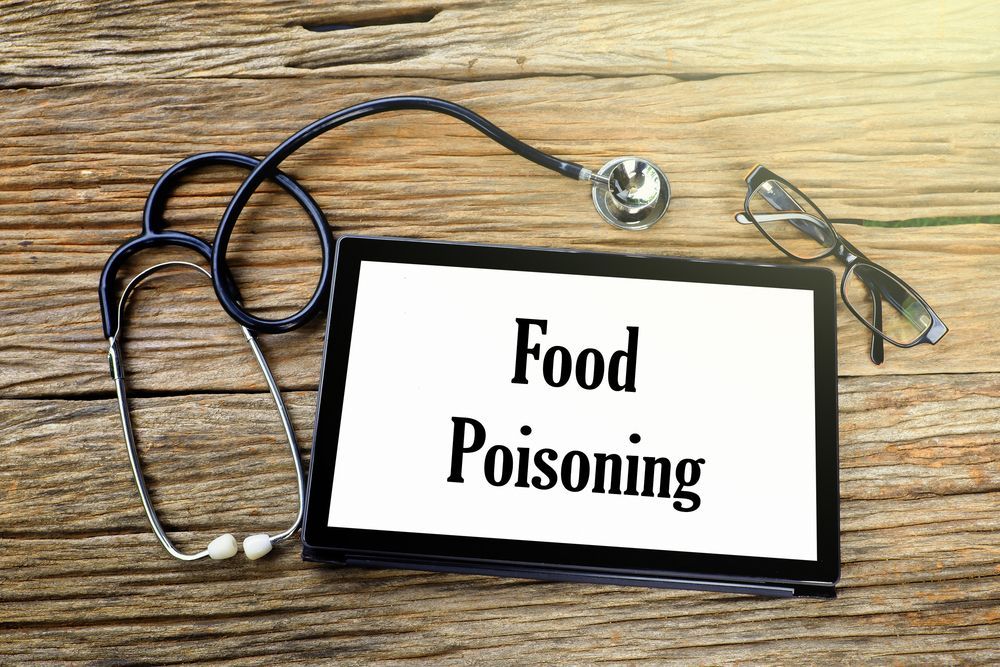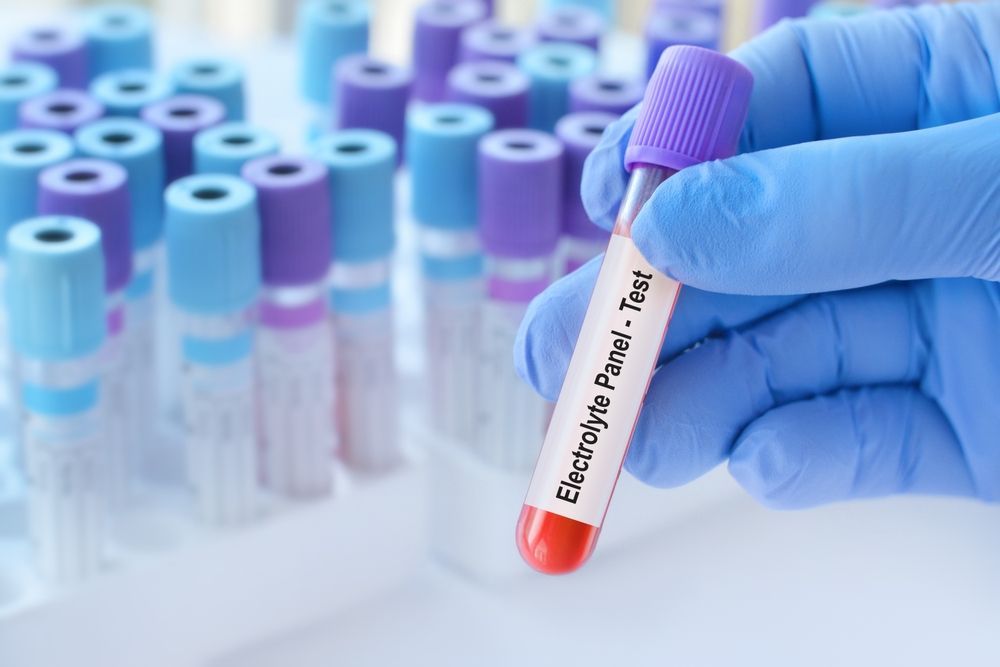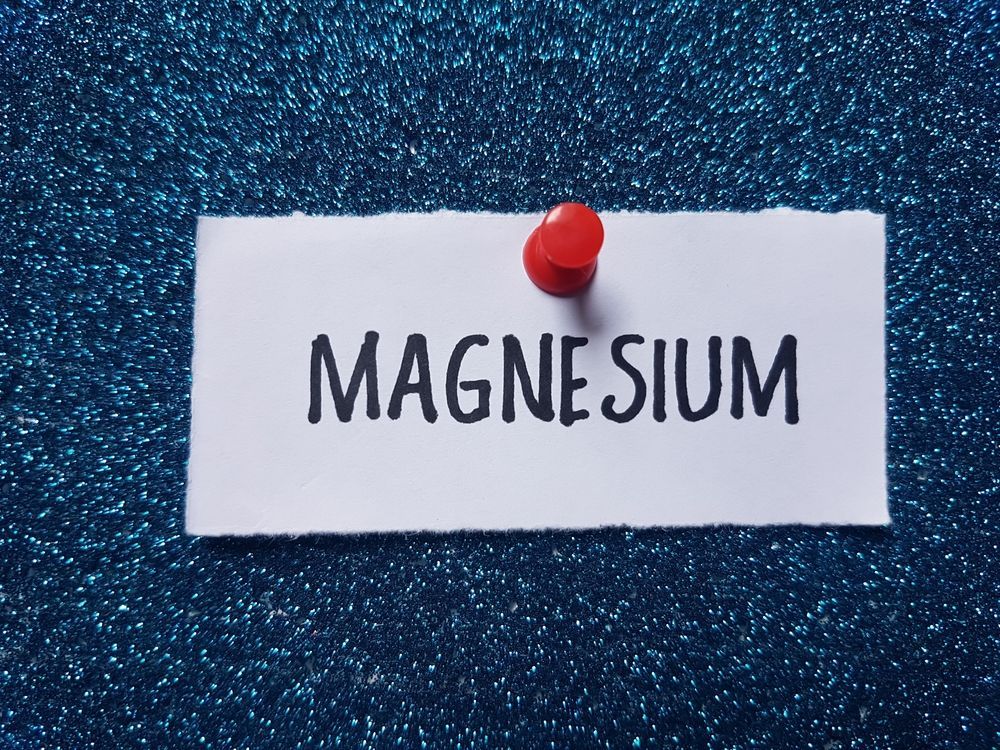The Importance of Hydration in Maintaining Cognitive Function

The Importance of Hydration in Maintaining Cognitive Function

Hydration is often an overlooked aspect of health, yet it plays a crucial role in maintaining cognitive function. The brain, which comprises about 75% water, requires adequate hydration to perform optimally. In this article, we will explore the significance of hydration for our mental capabilities, how it affects various cognitive functions, and practical strategies for maintaining a hydrated state. Understanding these concepts will help underscore why drinking enough water should be a daily priority.
Understanding Hydration and Cognitive Function
Defining Cognitive Function
Cognitive function encompasses a range of mental processes including attention, memory, reasoning, and decision-making. These functions are essential for daily activities, learning, and overall brain health. Cognitive function can be influenced by numerous factors, such as age, nutrition, physical activity, and hydration.
A well-functioning brain allows individuals to process information efficiently, retain knowledge, and respond to situations effectively. This highlights the interconnectedness of physiological health and mental performance, emphasizing the importance of maintaining optimal hydration levels for cognitive prowess. Research has shown that cognitive decline can occur with age, but maintaining a healthy lifestyle, including proper hydration, can help mitigate these effects.
Furthermore, studies suggest that engaging in mentally stimulating activities, alongside staying hydrated, can bolster cognitive resilience and enhance neuroplasticity, the brain's ability to adapt and reorganize itself.
The Role of Water in the Body
Water is vital for numerous bodily functions, including temperature regulation, nutrient transport, and waste removal. It aids in maintaining blood volume, which is essential for delivering oxygen and glucose to the brain, two critical components for cognitive function.
Beyond basic survival, adequate hydration facilitates neural communication, which is necessary for reaction times and thought processes. Even mild dehydration can lead to fatigue, decreased alertness, and impaired concentration, thus emphasizing the need for consistent hydration throughout the day. Moreover, water plays a crucial role in the production of neurotransmitters, the chemical messengers that transmit signals in the brain. A well-hydrated brain is more efficient at synthesizing these neurotransmitters, which can enhance mood and cognitive clarity. Additionally, certain studies indicate that chronic dehydration may be linked to long-term cognitive decline, underscoring the importance of not just drinking water, but also ensuring that we consume enough fluids throughout the day to support optimal brain function.
The Science Behind Hydration and Brain Health
The Impact of Dehydration on the Brain
Research indicates that dehydration can lead to a range of cognitive impairments. When the body loses more water than it takes in, cognitive functions become compromised. Studies show that even a decrease of 1-2% in body water can lead to difficulties in attention, memory, and complex problem-solving.
Moreover, dehydration can increase the production of the stress hormone cortisol, which directly impacts mental clarity and emotional health. This cascade of effects illustrates why maintaining proper hydration levels is paramount for cognitive function.
Hydration and Memory Performance
Memory is significantly affected by hydration levels. Studies have demonstrated that individuals who are adequately hydrated perform better on memory tasks compared to those who are dehydrated. Memory recall and retention, as well as working memory, show marked improvement with optimal hydration.
This connection further underscores the importance of drinking enough water throughout the day. Simple activities, such as taking a water bottle to work or setting reminders to drink periodically, can make a substantial difference in cognitive function.
Hydration and Mental Health
Hydration's Effect on Mood and Emotions
Our emotional state is deeply interlinked with hydration. Studies have found that hydration levels can influence mood, with dehydration correlating to feelings of fatigue, anxiety, and irritability. When we fail to hydrate adequately, we may inadvertently set ourselves up for a lower overall mood.
Hydration supports the production of neurotransmitters like serotonin and dopamine, which are crucial for regulating mood and emotional balance. Staying hydrated can help stabilize these chemicals, promoting a better emotional state and a more positive outlook on life.
Hydration and Stress Management
Water plays a crucial role in stress management. Proper hydration helps regulate the body's stress response. When the body is well-hydrated, it is better able to manage stressors effectively, preventing overwhelming feelings and promoting mental clarity.
In situations of stress, dehydration can exacerbate feelings of anxiety and tension. Therefore, integrating regular hydration into daily routines can not only support physical health but also enhance mental resilience during stressful times.
Hydration Strategies for Optimal Cognitive Function
Daily Hydration Goals
Establishing daily hydration goals can help ensure that you are consuming enough water. A general guideline is to drink at least 8-10 cups (about 2-2.5 liters) of water daily. However, individual needs can vary based on factors like activity level, climate, and overall health.
To track your water intake, consider using mobile apps designed for this purpose or keeping a journal to note how much water you consume each day. Having a clear goal helps motivate consistent hydration habits.
Hydrating Foods and Beverages
In addition to water, many foods and beverages can contribute to overall hydration. Fruits and vegetables, such as cucumbers, watermelon, oranges, and berries, are high in water content and also provide essential vitamins and minerals.
Additionally, herbal teas and broths are excellent sources of hydration. Incorporating these hydrating foods and beverages into your meals can significantly enhance your hydration status while adding nutrition to your diet.
Debunking Hydration Myths
Overhydration: Risks and Prevention
While staying hydrated is essential, it is also important to recognize that overhydration can pose its own risks. Consuming excessive amounts of water in a short period can lead to a condition known as hyponatremia, where electrolyte levels become dangerously low.
Signs of overhydration include confusion, seizures, and swelling. To prevent this, listen to your body’s needs and focus on gradual, regular intake of fluids throughout the day rather than chugging large amounts at once.
The Truth About Caffeine and Hydration
There is a common misconception that caffeine leads to dehydration. While it is true that caffeine has a mild diuretic effect, moderate consumption doesn't significantly impact overall hydration levels in most individuals. In fact, beverages like tea and coffee can contribute to daily fluid intake when consumed in moderation.
Balancing caffeine intake with water consumption ensures that you can enjoy your favorite beverages while still supporting optimal hydration levels for good cognitive function.
In conclusion, ensuring adequate hydration is vital for maintaining not only physical health but also cognitive function and emotional well-being. By understanding the importance of hydration and employing practical strategies, we can enhance our cognitive abilities and overall quality of life.
Related Posts
IV Active is a mobile IV therapy provider in NWPA. Our companies mission is to enable our clients to achieve optimal health and wellness through offering high quality IV Therapy solutions. We commit to providing excellent customer service and an extraordinary client experience at every visit. Our goal is to keep our clients active.
IV Active is a mobile IV therapy provider in NWPA. Our companies mission is to enable our clients to achieve optimal health and wellness through offering high quality IV Therapy solutions. We commit to providing excellent customer service and an extraordinary client experience at every visit. Our goal is to keep our clients active.
Payments
We accept all major credit cards including HSA and FSA Payments!

About Us
Disclaimer
The products and/or services provided by our medical staff are not intended to diagnose, treat, cure or prevent any disease. Always consult your medical provider before beginning any therapy program. All medications and vitamin supplements are provided by federally regulated 503B compounding pharmacies and/or licensed medical distributors.
© 2024 IV Active |
Privacy Policy
|
Terms
















